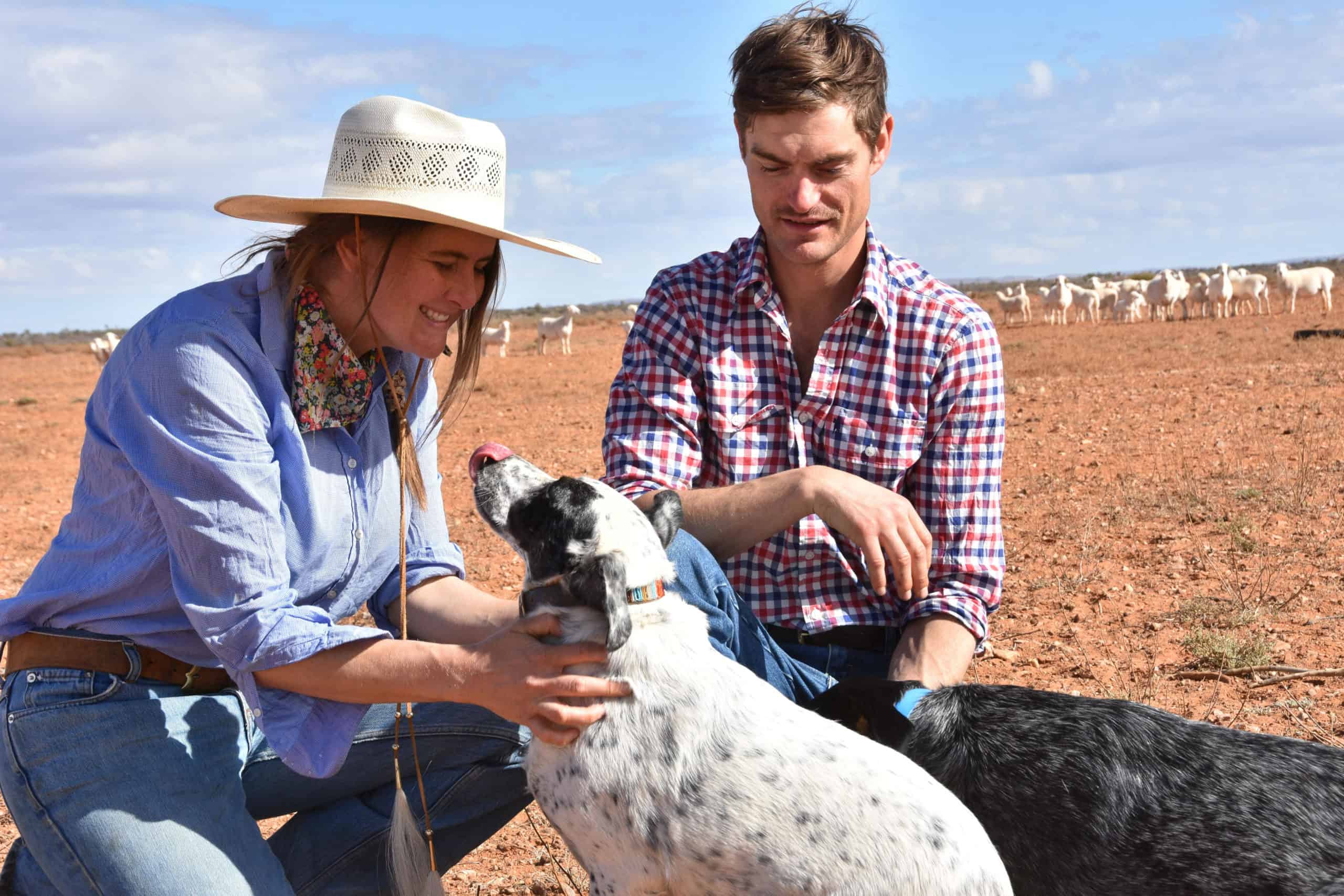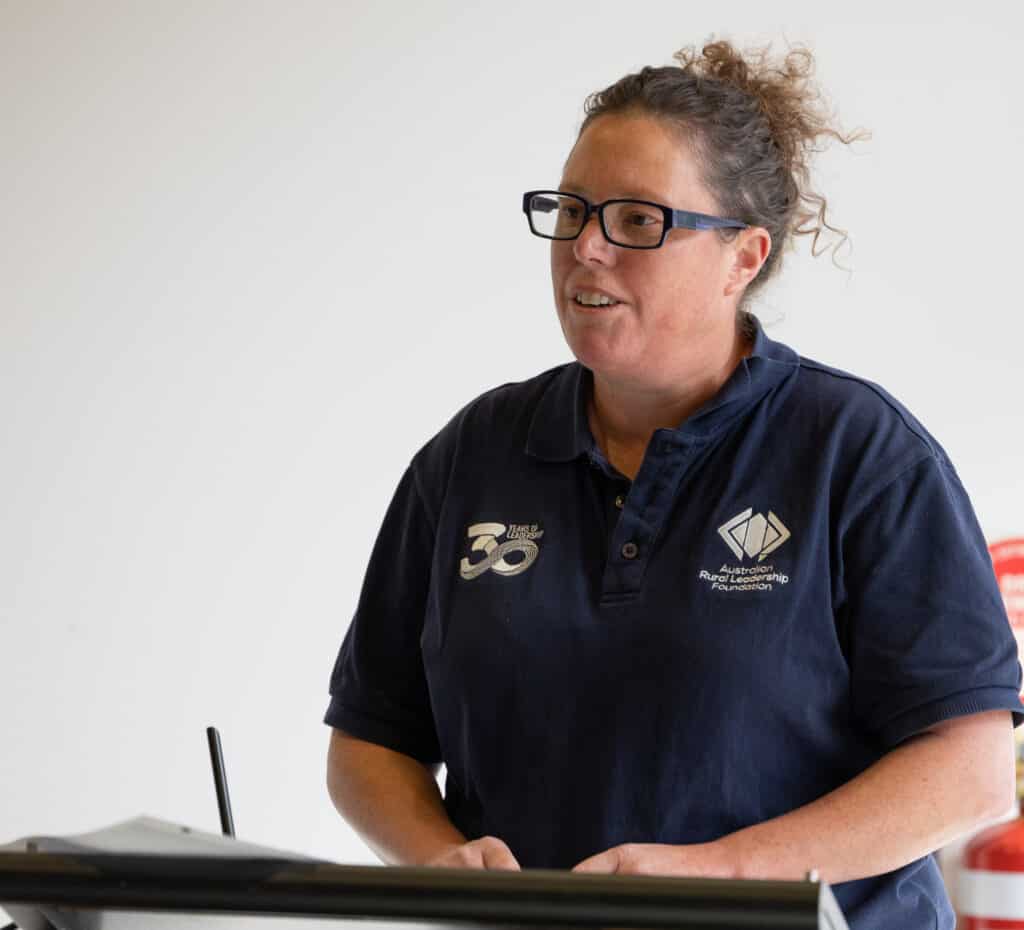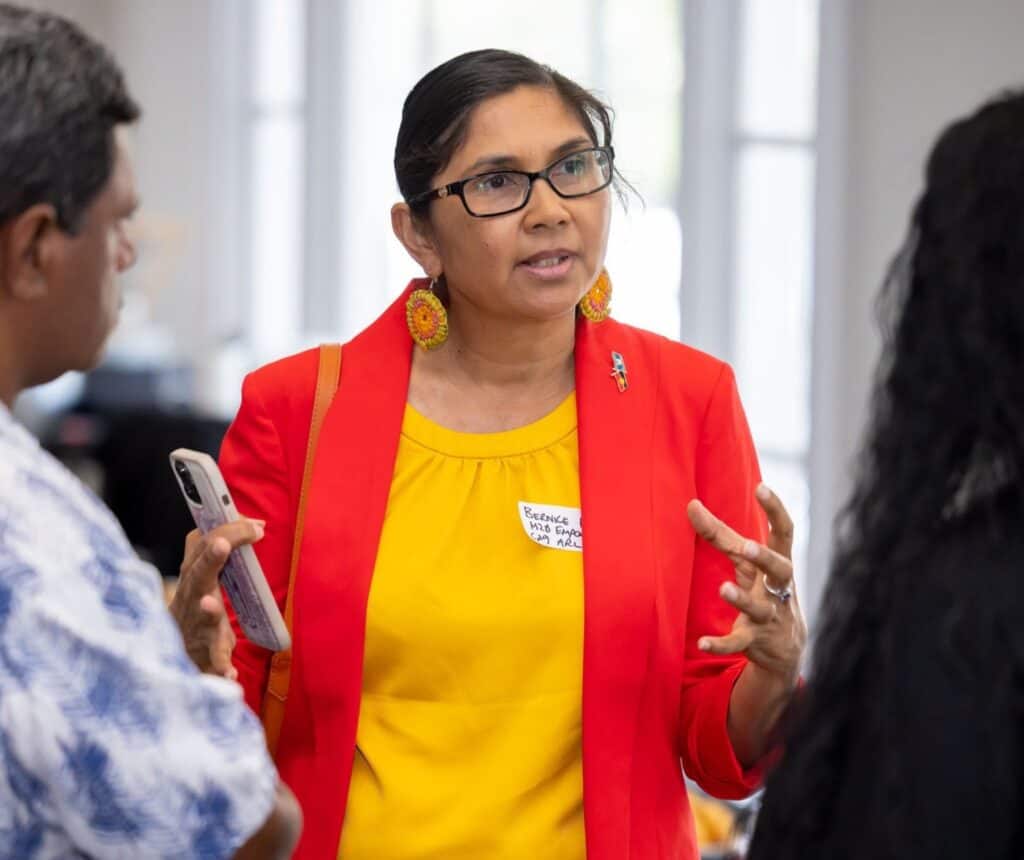Resilience is a well-known trait amongst those who live and work in outback Australia
When you’ve spent generations on a pastoral lease in far north South Australia, there’s a number of things you build resilience to.
But resilience to the climate is at the forefront for the driest region in the country – and it is nothing new.
Ellen Litchfield, a vet, Nuffield scholar and pastoralist on Wilpoorinna Station, via Marree, has spent many years studying the impacts of drought – and most of her life living through it.
She believes while there is much more to be done, drought resilience as it is currently practised has been effective for pastoralists in her region.
“The reality in Australia is that we have already had resilience to drought and that comes from having either a high equity business or working off-farm – most farmers need to have non-weather dependent income,” she said.
“Australia is a country of boom and bust cycles – especially where we are – and drought resilience means it shouldn’t be a shock or an outlier, but we should be creating a business model that can withstand those shocks.”
Ellen works with industry across the state through her role with Farmers for Climate Action, and to her being drought-resilient is the ability to stay on the land.
“I spent my formative years in the millennial drought from 2000 to 2009, seeing both how incredibly dry it was, and how hard my parents had to work off-farm, with mum nursing and dad doing earthworks,” she said.
“Although my family has been here since my grandparents’ generation, they only purchased the whole business in 1989, meaning factors like high-interest rates were also still at play.
“It really demonstrated to me that you need to commit to the lifestyle and looking after the land and animals or paying all the bills isn’t always going to be easy – you might have to do other things to stay there.
“They really recognised it was a privilege to be able to stay living on the land, and that means I know it is a privilege as well.”
Her Nuffield scholarship travels took her to rangeland grazing properties across the world, and teamed with working on her family’s pastoral lease, she’s got plenty of insights into how further resilience to drought could be built.
Technology, and putting value on pastoralists’ role as caretakers of the land, will be two main drivers, Ellen said.
“Labour is one of our biggest costs and technology is one of the ways we can decrease those costs when cash flow is limited,” she said.
“And as we become a more ecologically engaged society and the role farmers play as custodians of the land – 365 days a year whether it is raining or not and even more so when it’s not – ecosystem services will play a bigger role.
“That means payments for results-based ecosystems services – it needs to be results-based so as not to stifle innovation – but it is a really exciting growth area for farmers in the future, especially rangeland farmers.”
But it will be crucial for leaders from all sectors and regions to come forward and advocate for these sort of drought resilience developments, Ellen said.
“Farmers for Climate Action for instance is a really good network of farmers leading the voice on climate action, and climate policy is going to be a big driver of how ag will look in Australia in the future, so it is important farmers are at the table for that discussion,” she said.
Her vision for a drought-resilient Australia is a country that is “doing all that it can to ensure we are decreasing emissions and not creating any more climate change impacts”.
“As the driest country in the world, climate variability means more time in drought for most of us,” Ellen said.
“So, a drought-resilient Australia is a system that recognises ag businesses are boom and bust and has policies that support evening out that income flow.
“We don’t want to be needing emergency relief, we want agriculture to be recognised for the role it plays in looking after the land, even in dry times when it doesn’t provide returns.”








